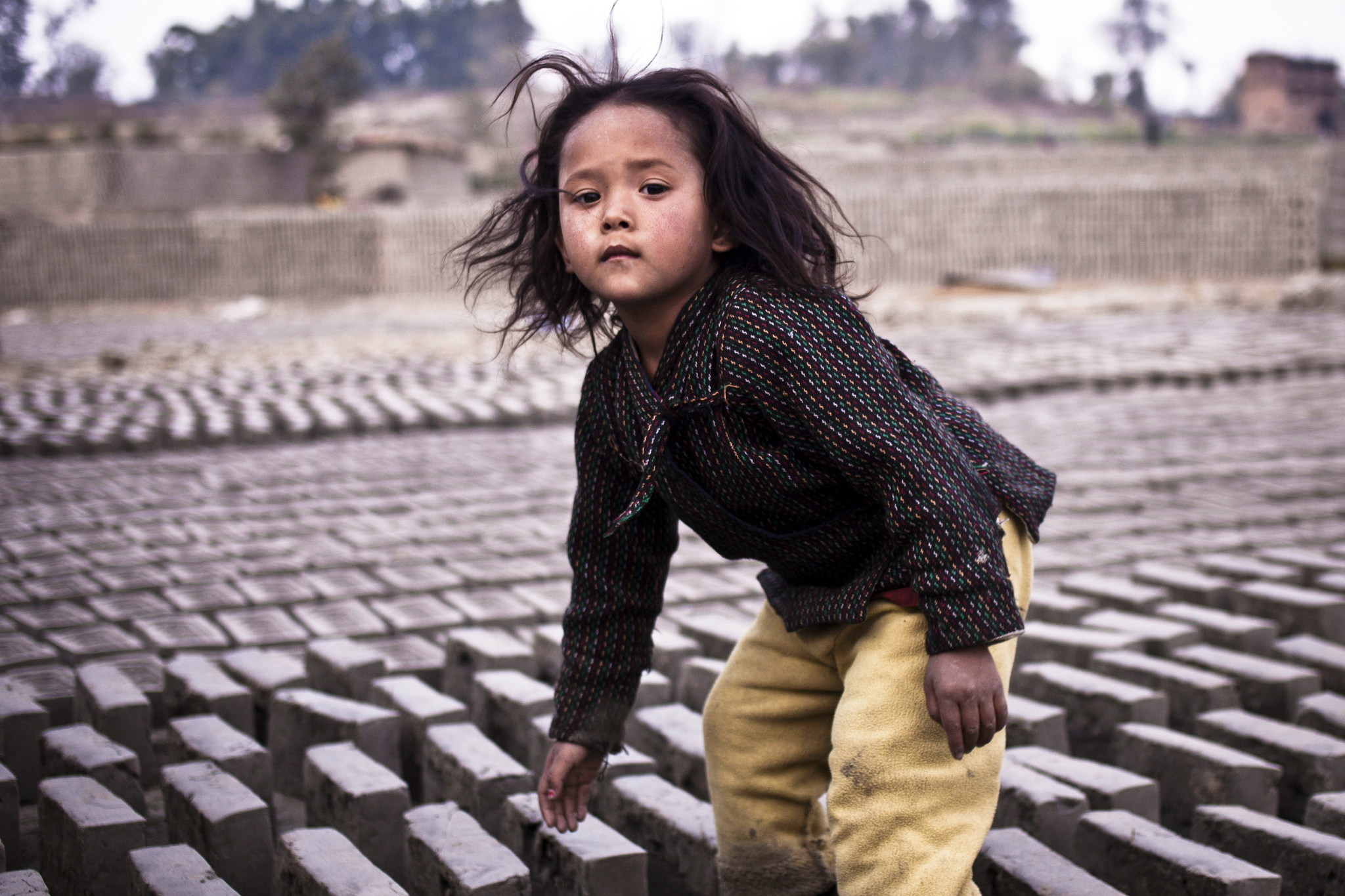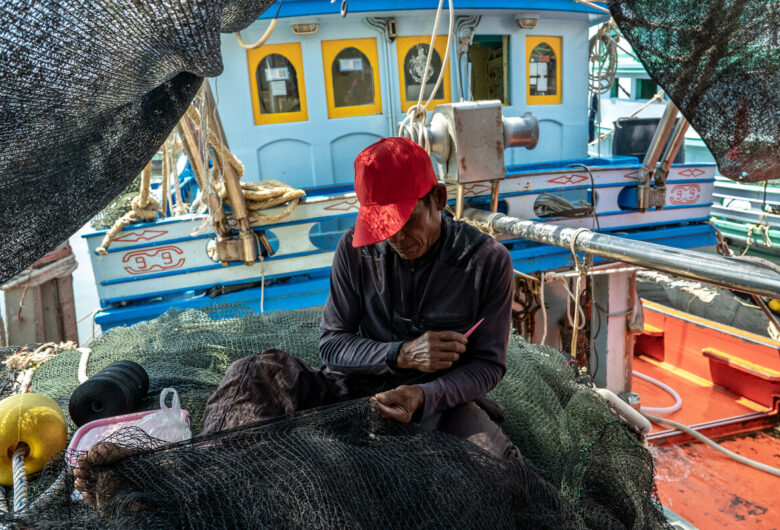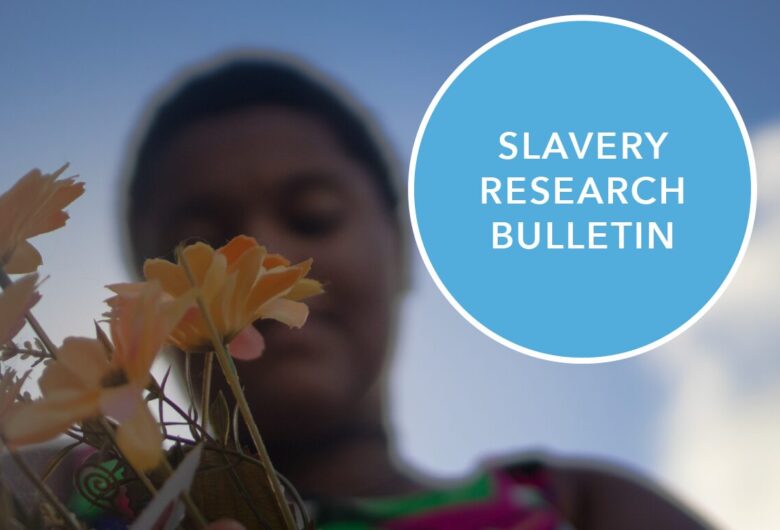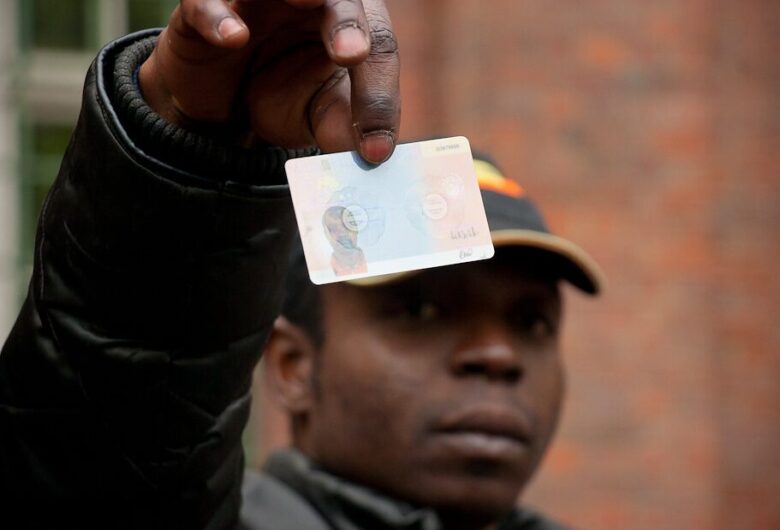We are seeing ever-growing momentum in the fight against modern slavery. In July 2016, UK Prime Minister, Theresa May, labelled modern slavery the “great human rights issue of our time,” pledging to support an international mission to rid the world of “this barbaric evil.” In December, the United Nations Security Council adopted its first ever resolution on human trafficking. More organisations are joining the anti-slavery movement, and forward-looking businesses are beginning to seriously tackle the risks of slavery in their supply chains.
But so much more remains to be done, with an estimated 46 million people still enslaved and exploited around the world. At the Freedom Fund, our focus has been on dismantling the local and national systems that enable slavery in countries with the heaviest burden of this crime. We do this by bringing together clusters of frontline organisations to fight slavery in their communities and advocate powerfully on the national and international stages.
The direct impact of this work has been impressive. In 2016 alone, our 98 partners liberated 4,225 men, women and children from slavery. They enrolled over 10,000 at-risk children in school, and impacted on 130,568 of the world’s most vulnerable people in our six hotspots – in India, Nepal, Thailand and Ethiopia.
This impact is described in our 2016 Annual Impact Report, available here.
We are proud of this year’s achievements, but we are also keenly aware that these numbers only tell part of the story. The human story is that each person liberated is no longer subject to horrendous exploitation on a daily basis: a girl no longer sexually exploited in a Kathmandu massage parlour; a boy not forced to labour in an Indian brick kiln; a Cambodian farmer no longer enslaved on a Thai fishing boat; an Ethiopian woman released from domestic servitude in the Middle East to return to her family. There are more than 4,000 of these stories.
But the real challenge is to tackle the systems that enable slavery. This year we’ve made real progress on that front. In India, we’ve assisted a number of local partners to come together in support of the Human Trafficking Bill. In Ethiopia, the government has embraced much of our thinking on the need to improve options and outcomes for Ethiopian women and girls migrating overseas. And in Nepal we saw the national government move to introduce the first ever line item in its budget for the harwa-charuwa bonded labourers, a direct result of collective advocacy on the part of our partners, and which would not have happened without engagement and encouragement on the ground. Over time, we believe our partners can be highly influential advocates of systems change.
As we reflect on our accomplishments this year, we are inspired by our frontline partners. We are grateful to those who invest in the Freedom Fund, without whom none of our work would be possible. We are ever more determined to break the back of modern slavery. And, working together, we can.
Photo credit: Alice Carfrae, © Legatum Limited 2017




